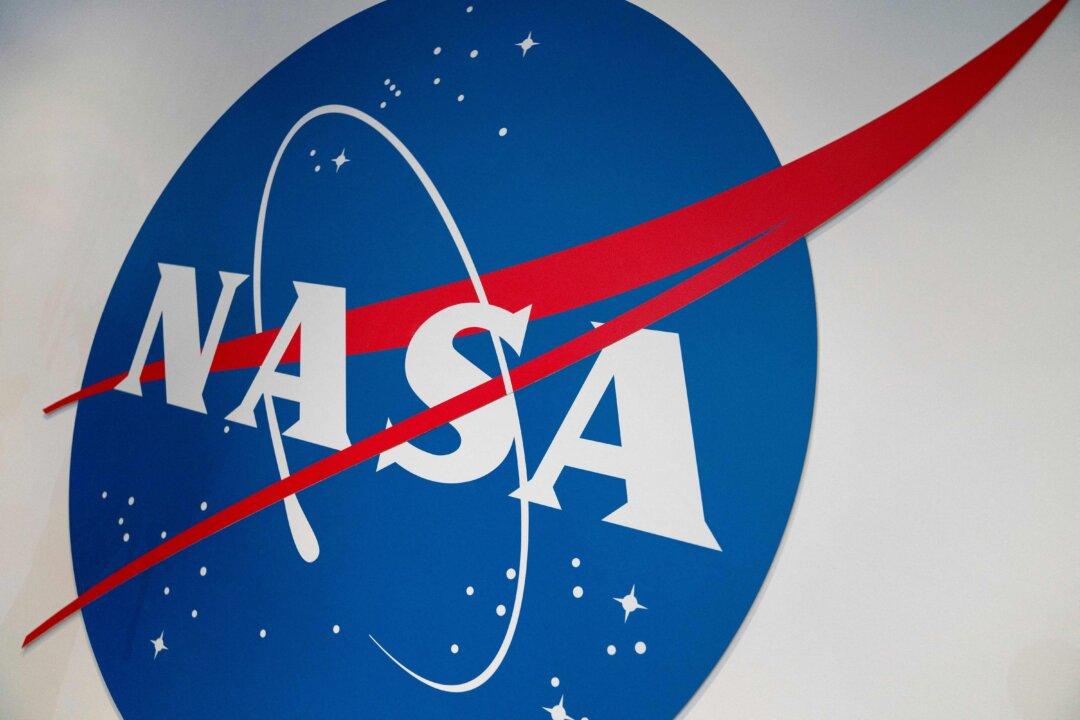The University of Delaware on Dec. 16 settled with NASA after allegedly failing to disclose a professor’s ties to and support from the Chinese regime.
In 2020, NASA awarded the university a grant to establish a research center focused on the use of satellites to collect weather, climate, and ocean data, to better understand how sea-level rise affects U.S. coastlines.





